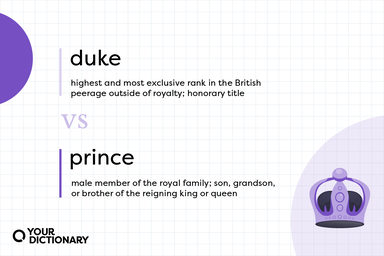The affairs of Europe during the years when Habsburg and Bourbon fought their domestic battles with the blood of noble races may teach grave lessons to all thoughtful men of our days, but none bitterer, none fraught with more insulting recollections, than to the Italian people, who were haggled over like dumb driven cattle in the mart of chaffering kings.
At length the hostility of the princes was overcome, and in December 1282 Rudolph invested his sons Albert and Rudolph with the duchies of Austria and Styria at Augsburg, and so laid the foundations of the greatness of the house of Habsburg.
He possessed many excellent qualities, bravery, piety and generosity; but his reign is memorable rather in the history of the house of Habsburg than in that of the kingdom of Germany.
In 1273 he was a candidate for the German crown, but was induced to support Rudolph, count of Habsburg, whose eldest daughter, Matilda, he married in this year.
On the 18th of August 1477, by his marriage at Ghent to Mary, who had just inherited Burgundy and the Netherlands from her father Charles the Bold, duke of Burgundy, he effected a union of great importance in the history of the house of Habsburg.
